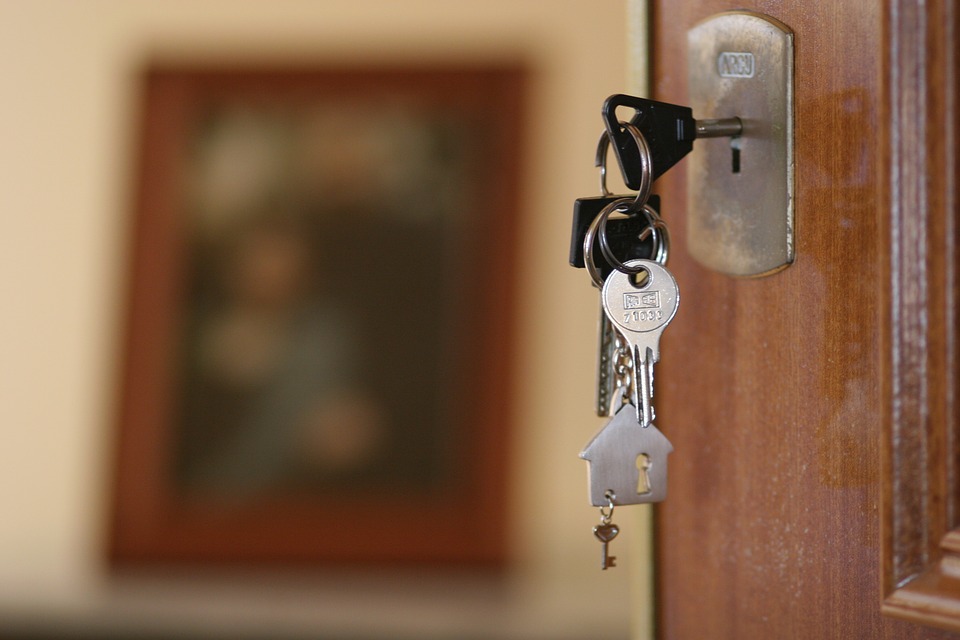Despite record house price highs and huge levels of buyer demand, since the start of the pandemic 4,320 homes have been repossessed across England and Wales. A fifth of those have been in the North West, according to newly released data from YesHomebuyers.
With the current stamp duty holiday spurring a property market frenzy, house prices have boomed. The latest UK House Price Index shows that the North of England is leading the way, with both the North West (11.9%) and Yorkshire and Humber (10.9%) registering the highest rates of annual growth, while the North East (9%) isn’t far behind.
However, research from the homebuying platform, highlights that the North of England has seen by far the most property repossessions since the start of the pandemic, with the North West, in particular, home to the highest level.
To find out more about how we can assist you with your Second Charge Mortgage please click here
Property repossessions are executed by a lender, usually the bank or building society when the owner of a property fails to make the interest payments on any debt secured against their home.
Most repossessions by region
The North West has seen the highest number of repossessions during the pandemic, accounting for 20% of the total number seen across England and Wales. The North East has also seen a large number of repossessions, accounting for 16% of the national total, while Yorkshire and the Humber rank third at 14%.
Collectively, the North of England has accounted for 50% of all property repossessions seen across England and Wales during the pandemic. In contrast, the East of England has accounted for just 2% of pandemic repossessions, with the South West (6%) and East Midlands (7%) also seeing a low proportion.
The property price cost of a repossession
Traditionally, having your property repossessed would mean it selling on the open market for a far lower price. However, since the government bailed out the big lenders in the wake of the 2008 Credit Crunch, they have been under far greater pressure to prove that they have ‘Treated the Customer Fairly’ (TCF) by achieving the best price possible
Figures show that this price achieved varies across the country but on average, repossessed homes in England sell for around 77% of market value. Although they can regularly achieve as high as 95% of market value, according to founder Matthew Cooper, who previously worked managing repossessed homes for a number of lenders.
Matthew Cooper, Founder & Managing Director of Yes Homebuyers, commented: “The repossession of a home can be a very traumatic experience and although new guidelines are in place to ensure the lender achieves the highest price possible, it’s the last thing any homeowner wants to go through.
“Contrary to popular belief, home sellers in financial distress account for a very small percentage of those opting to use a quick sale platform such as Yes Homebuyers. While it does provide greater speed when transacting, as well as allowing the homeowner to maintain control of their sale, we actively advise against it if there is a more favourable option available.
“Opting for our services should really be the last resort and our advice to any homeowner is to be proactive and get your property on the market at a realistic price. Always, always communicate with the lender to let them know you’re doing everything possible and try and buy the time to get a normal sale done for the best price possible. This will put you in the best possible position to get a handle on any debt you owe, while providing the best possible foundations to move forward.”
Source: PROPERTY REPORTER
Discover our Second Charge Mortgage Broker services.



